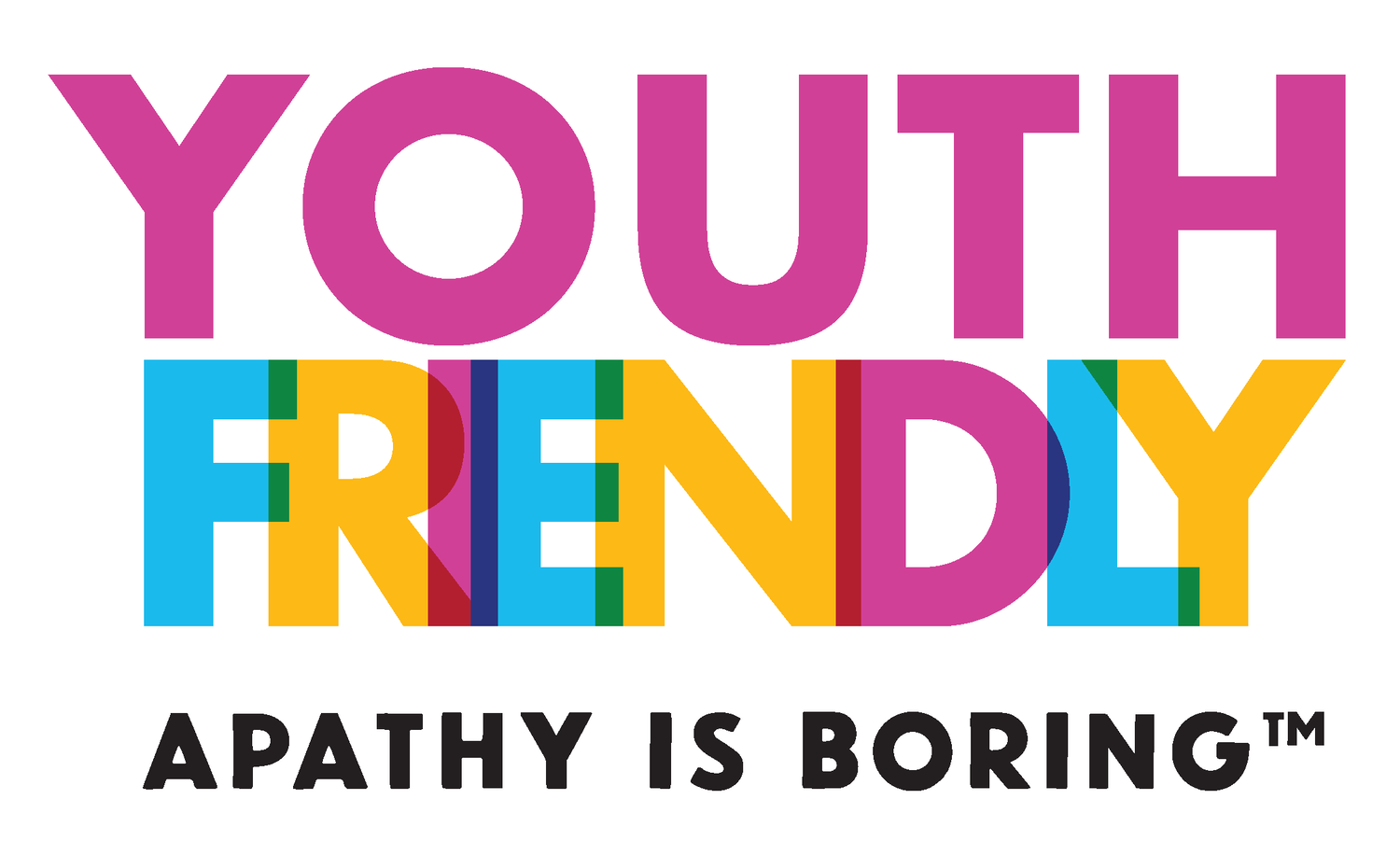COVID-19 and Beyond: Where does recovery leave young Canadians?
Apathy is Boring’s Annual RISE Retreat, 2020.
The COVID-19 pandemic has affected nearly every aspect of young Canadians’ lives. From losing employment opportunities, to transitioning to online schooling, to dealing with isolation and a loss of community connection, young Canadians are struggling.
When young people feel listened to, valued and supported by those in positions of power, we become inspired to engage in the world around us. As we step into the second year of the COVID-19 pandemic lockdown, young Canadians deserve to see the issues we’re facing not only top-of-mind but also addressed by our country’s leaders through actionable planning of what the near future will have in store for us.
According to a recent study conducted by Apathy Is Boring in partnership with the Environics Institute for Survey Research, most Gen Z and Millennial Canadians report that COVID-19 has impacted their lives in some way, with the majority of them saying the greatest impact has been on their emotional health and well being. This pandemic has severed support networks by separating us from one another, and as a result, our mental health is at risk. Focusing on providing accessible, and appropriate, mental healthcare for young people should be a priority during these uncertain times. As community organizations working around the clock, boots on the ground, have a direct connection with their youth membership, they are in the best position to advise and support the government institutions’ spending commitments by creating action plans that truly reflect the needs of young Canadians across the country.
In this same survey of young Canadians, more than half of the respondents said that the pandemic has impacted their ability to continue with their work or education, along with impacting their day-to-day finances and ability to pay bills. Young people were the hardest hit by job losses caused by the pandemic last year, and now many of us are working on the frontline in the service industry or retail jobs. Young Canadians have sacrificed a lot in this pandemic: we are actively contributing to the economy in precarious positions, all the while feeling the effects of COVID-19 burnout. Gen Z and Millennial Canadians want meaningful, sustainable, and well-paying jobs if they are going to play a pivotal role in relaunching the Canadian economy. The Canadian government’s proposal to allocate $721 million over 2 years to connect youth to employers and quality job opportunities will require tapping into the vast networks of local community leaders and employment centers that directly engage youth and assess their needs everyday to appropriately support young Canadians transitioning back to the workforce.
As if living through a global pandemic (that we don’t foresee ending anytime soon) wasn’t causing enough anxiety and stress, young people have another underlying, and ongoing, concern: climate change. According to the survey, youth are more concerned about the climate crisis as a long term problem, and have less faith that the right decisions will be made to address it. Leaving us a better world starts by hearing us out, and that means continuously addressing the climate crisis. Moreover, young people want to see a well-rounded investment in solutions that confront the intersections of race, class, and climate change, with the urgency that science demands.
As the pandemic exposes racial and economic inequities in our country, over the past year, we’ve seen young people come together to advocate for racial justice and an overall increase in equity and accessibility for marginalized communities. Continuous and long-term investments for mental health resources, education and healthcare through anti-oppressive approaches in communities who have been impacted most by this pandemic will not only benefit young people, but is essential for building resilient societies across Canada. Ensuring that the people meant to benefit from these investments are truly at the center of these projects will require direct and sustained relationships with community leaders as well as intentionally and effectively engaging marginalized and racialized youth in the planning process.
Canada’s youth are exploding with creativity, diversity and imaginative solutions for the future. We are passionate about fostering an equitable, healthy and vibrant society, and we want to have the space to contribute these solutions and our support at the decision making table. What we need is to see our concerns, our ideas and feedback reflected in the actions of our institutions and organizations. As vaccines allow us to imagine a world after COVID-19, organizations can help shape our future by implementing changes that will address our immediate concerns and allow us to pursue our long-term goals amidst the uncertainty that our generations will be inheriting.
We are confident that better, post-COVID-19 days are coming. We are looking to the future in search of sustainable solutions to crises that have been highlighted by the pandemic, such as lack of mental health resources, racial injustice and economic disparities, with our own ideas to bring to the table.By engaging and collaborating with young people, recognizing our perspectives on the COVID-19recovery and shaping our country’s future at large, we can emerge from this pandemic as a healthy, equitable and stronger democratic society.

